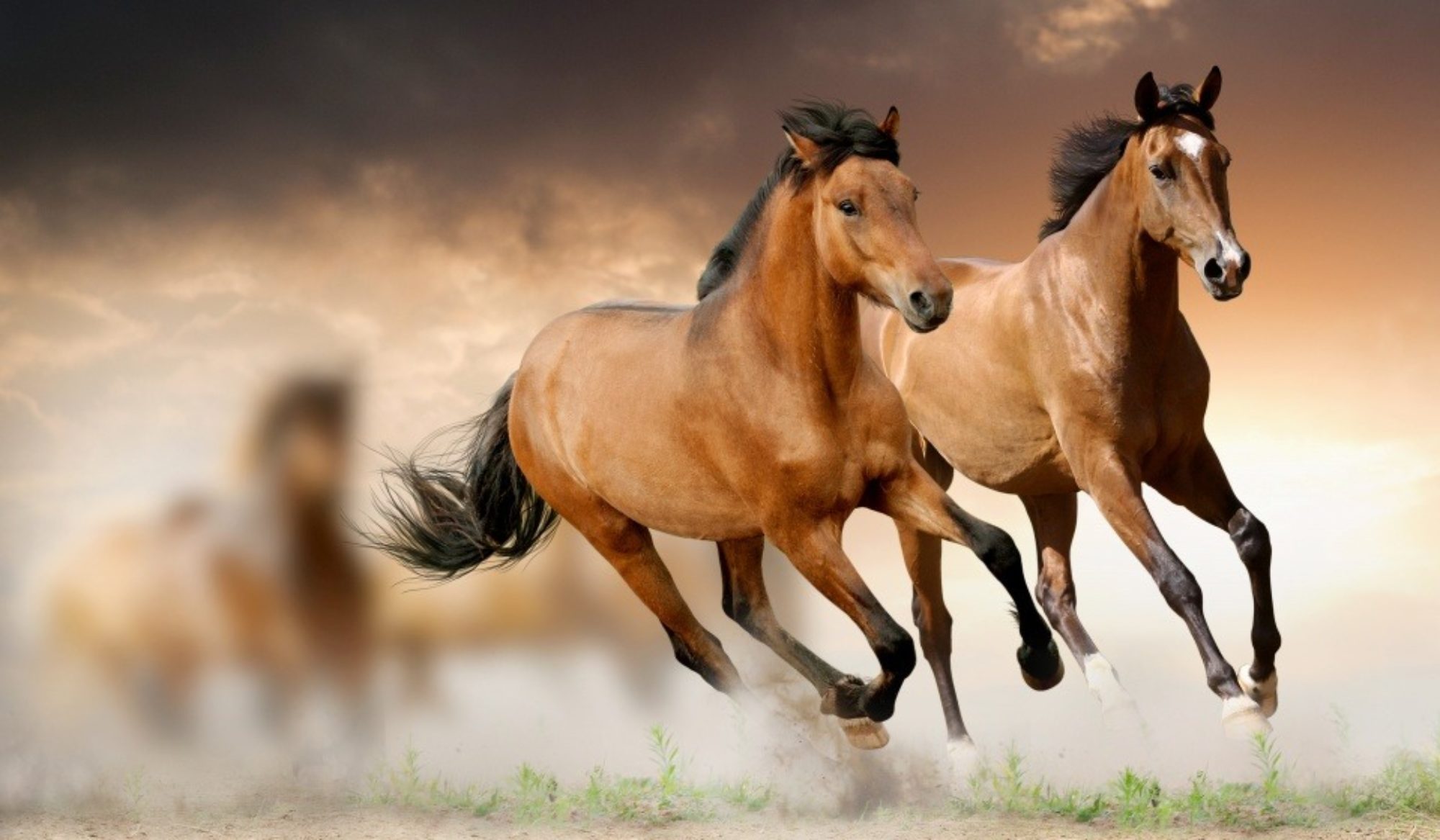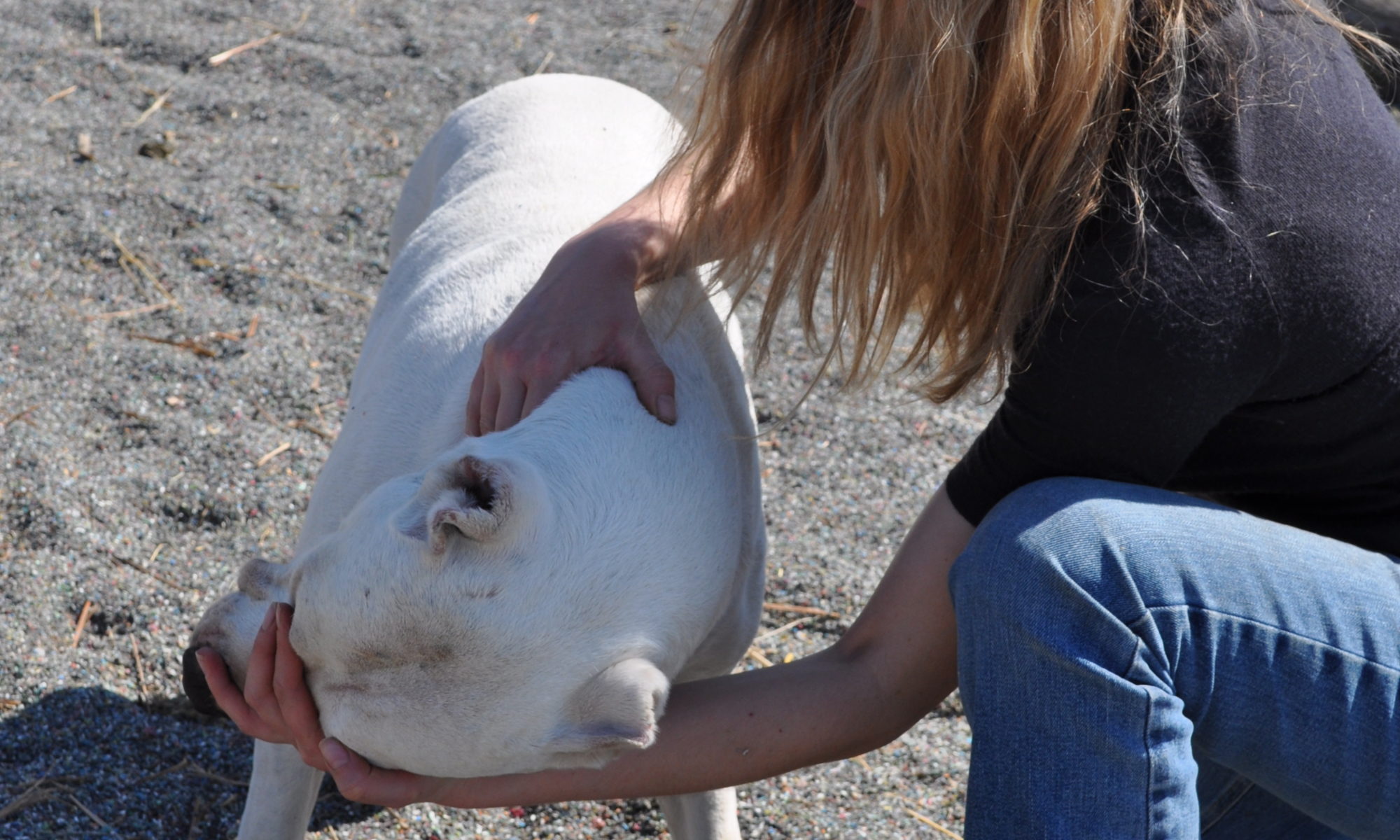Consultation
A diagnostic assessment is established by taking the animal's anamnesis with the trainer, the rider, the owner, the healthcare team (veterinarian, blacksmith, etc.)
We observe it dynamically at different paces, ending with a palpatory approach and testing of the different joints.
The entire processing will be carried out using manual handling techniques in order to deal with any installed compensations.
At the end of the session, we will give a rest time with a rehabilitation program adapted to the discipline of each animal.
Equine osteopathy
- In dressage, the horse does not perform the requested exercises well.
- In show jumping the horse does not use his back, touches the bars, becomes disunited…
- For the racehorse, difficulty in engagement, propulsion problem, remains rigid
- A bad outcome after foaling.
- Aftermath of painful competition.
- Falls, repeated trauma…
- A horse that is overly stressed during its growth.
- Tendency to refuse the bit.
- Behavioral and visceral disorders…
Canine osteopathy
- Further to a shock or a fall.
- Your dog has difficulties handling everyday situations such as going up the stairs, in the car, jumping over an obstacle, etc.
- Following trauma
- Rehabilitation treatment will allow him to recover more quickly and avoid recurrent compensation.
- For prevention of rheumatism, joint wear and muscle contracture. To restore comfort to elderly dogs suffering from osteoarthritis.
- Following common illness conditions, such as dysplasia to relieve compensation, incontinence, post-operatively, etc.
- During visceral disorders of mechanical origin such as eating disorders: loss of weight, appetite, obesity, etc.
- Certain behavioral disorders: loss of state, decline in morale, etc.

